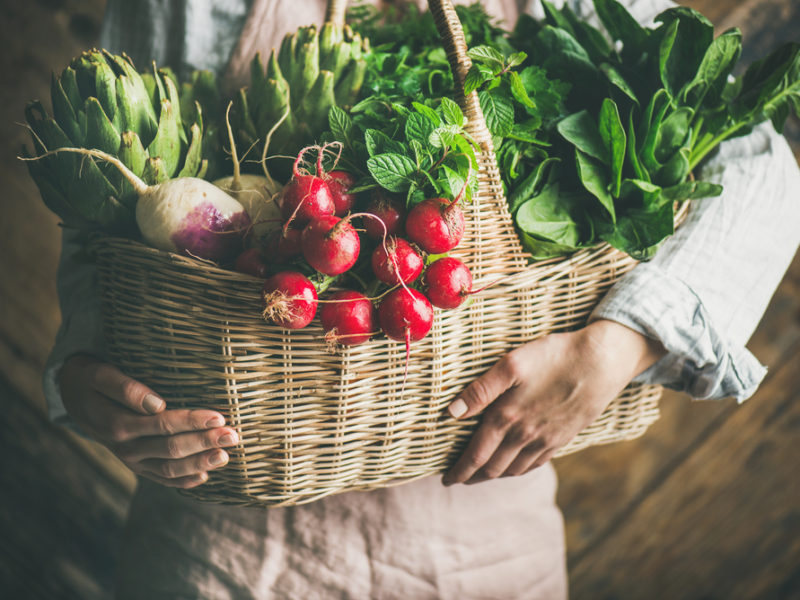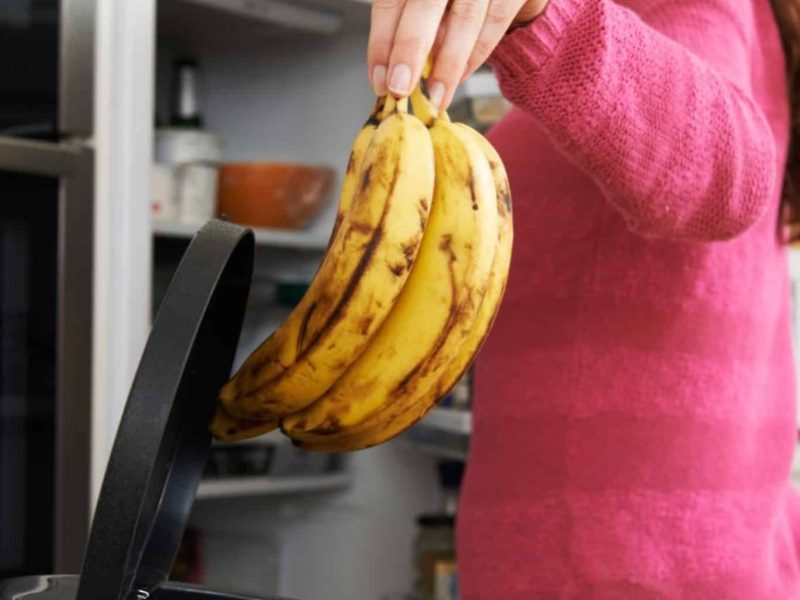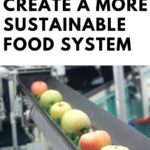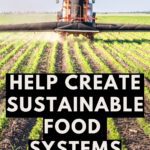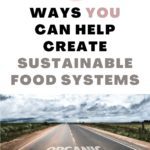Overfishing, overgrazing, conventional farming, and climate change risk our food. So how can we support regenerative agriculture and sustainable food systems? When our agricultural practices cause harm to soils, water, wildlife habitat, and other resources, we’re hurting not just these natural systems but ourselves. So let’s look at what we can do to help with one of humanity’s most critical issues today.
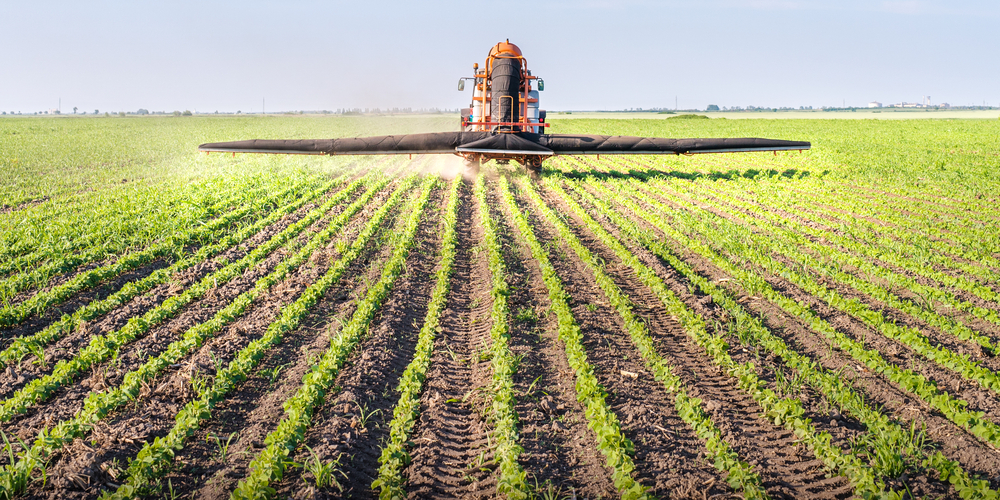
This article will teach you ways to support sustainable food systems.
A sustainable food system is a more environmentally sound way to produce food for humanity.
It focuses on the long-term health of natural resources by supporting local food systems, improving biodiversity, increasing efficiency, and encouraging sustainable agriculture practices.
While we cannot deny that climate change affects food production in rural and urban environments, it is our responsibility as global citizens to have a more excellent knowledge of how we can contribute to minimizing its effects on human health.
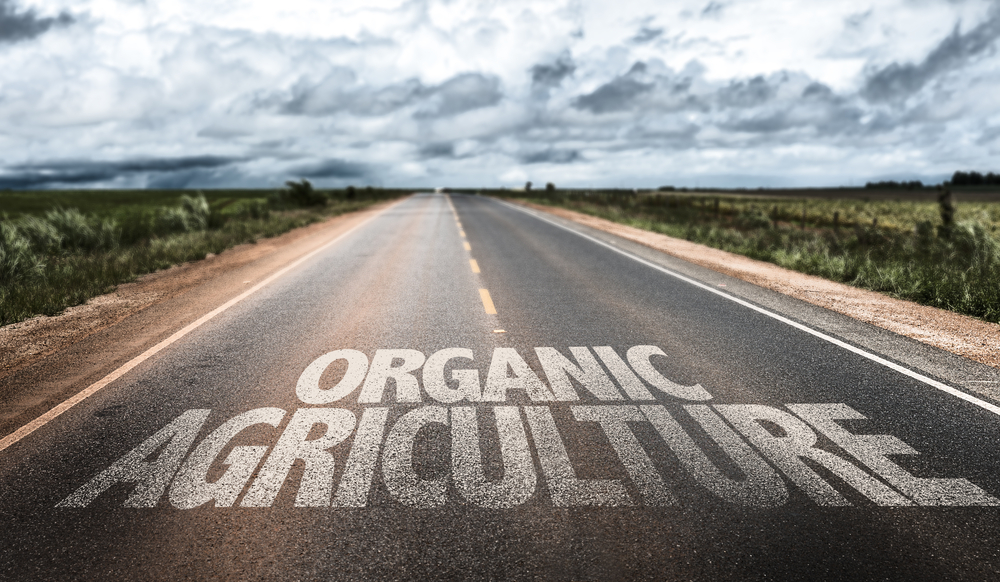
Eat Locally-Grown Sustainable Foods
To support sustainable agriculture and sustainable food systems, all you have to do is shop sustainably!
Many of our food system’s resources are being diverted from providing fresh produce to meat production because livestock are in high demand.
People eat too much meat in general. In fact, 80% of agricultural resources are used to grow animal feed like corn and soybeans while only 20% go towards fruits and vegetables!
In addition, scientists predict that without climate change mitigation strategies in place, there will be an increase in droughts, floods, and wildfires which could make producing crops difficult.
Farmers’ Markets are a great place to buy locally grown foods for the whole family!
Start buying food locally from your neighborhood farmer’s markets, fruit stands, and food co-ops. Especially seek out farmers who grow food organically.
Look for pasture-raised meats, dairy, and eggs. Also, support your local fisherman for fresh fish and seafood, or go on a fishing trip yourself! There are lots of natural areas throughout the country that provide free fishing. Just don’t forget to get a license!
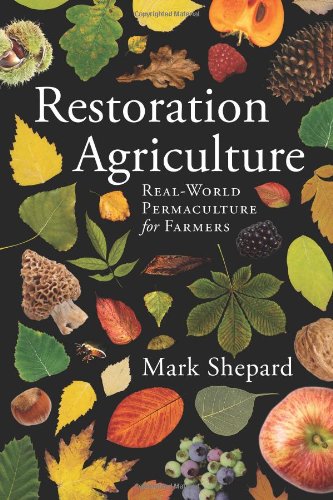
Grow Some of Your Food
Raising your own meat, eggs, and vegetables can help you be more conscious about where your food comes from.
Raising your own food is a good way to learn more about what it takes to produce sustainable foods. There are many different ways to do this, creating food security for you and your family.
There are many benefits of sustainable food systems such as increased food security, lower rates of diet-related diseases, higher quality food production and preservation techniques, and preserving our natural resources.
No matter where you live, you can raise some food for yourself! Where there is a will, there is a way. Check out how simple it is to start a garden and grow your own food.
Change what you buy from the grocery store.
We can do something by changing what we buy from the grocery store. If everyone makes just one change in their shopping habits, like buying organic, that will make a massive difference in climate change and the health of future generations. Why not start today?
If you think it is expensive to buy organic produce or meat, you can save money by signing up for a service like a local Community Supported Agriculture (CSA) or Misfits Market.
Avoid food products, packaged items, and foods containing wheat and corn unless labeled as organic. When you limit these products, you avoid artificial ingredients, preservatives, and health problems!
Buying organic will help promote sustainable nutrition and reduce the negative impacts of climate change on agriculture.
Teach your children about sustainability.
Practicing sustainable living by going meatless one day a week has helped me save money and make better food choices. It’s also the best way I know to reduce my carbon footprint.
Teach your children how to grow food and make sustainable choices. Then, when they become adults, they will be equipped with the knowledge of how to live sustainably, a skill we all need more of.
Start a community garden.
One way to support regenerative agriculture is by starting a community garden.
Community gardens are food systems that allow people to learn about different types of food while allowing them to take care of their allotments. They generate food security, good health, and positive experiences for everyone involved.
They also provide information and education on sustainability, climate change, and environmental nutrition. Gardens are not only beneficial for those who work in them but also provide a space for the whole community!
Learn how to preserve food.
The climate change we see today is caused by factors like our global dependence on fossil fuels, and it’s more important than ever that we start to work towards regenerating a sustainable food system by living more sustainably.
First, one of the first things you can do from your home kitchen is preserve food. It’s easy! You can keep food in several ways such as freezing, drying, or canning, to prevent waste and enjoy summer produce in winter.
Eat Fewer Conventional Products
Modern industrial agriculture systems are linked with various climate change and sustainability issues. Consume fewer agricultural products like beef, pork, dairy, and grains raised in the worst ways. Instead, opt for pasture-raised beef and eggs from local, regenerative farms.
For example, animal agriculture accounts for at least 14.5% of global greenhouse gas emissions. You can reduce your carbon footprint just by eating less meat and dairy!
In addition, it requires tremendous amounts of water, pesticides, fertilizer, fossil fuels, and land – while producing food that contributes to nutrient deficiencies like protein, calcium, iron, and zinc.
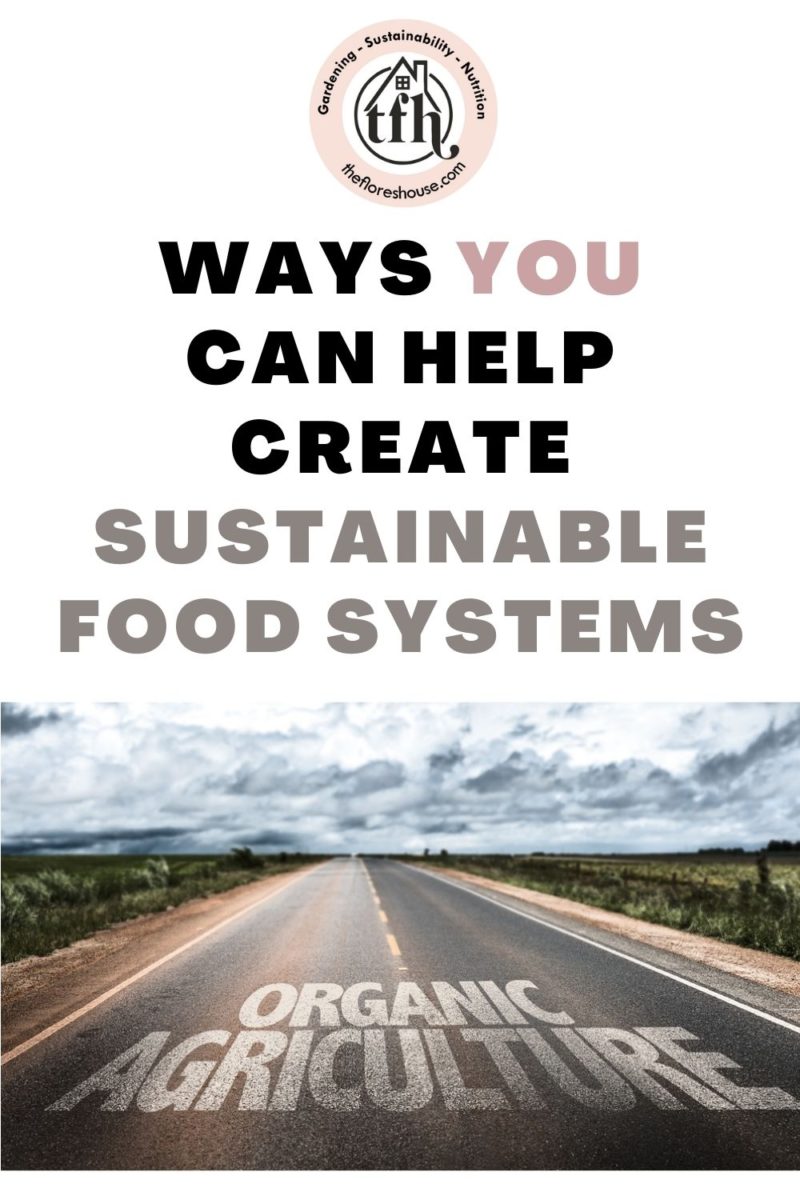
Consuming more plants from a sustainable food system and less meat and dairy is an excellent way to reduce your environmental impact.
Animal agriculture (which is the leading cause of deforestation, water pollution, ocean dead zones, and wildlife extinction) uses more resources than any other industry.
Over a third of all greenhouse gas emissions come from agriculture, particularly livestock production. It’s also the major driver of global warming – producing 37% of total methane emissions and 65% of nitrous oxide emissions.
Focus on nutrient-dense vegetables and fruits. Eat the rainbow, and try new things. Going plant-based doesn’t mean you can’t have meat! It means you are fueling your body with everything it needs to thrive.
Be picky about the meat you consume. It is not all created equal. Eat less, and buy the best meat you can find. Buy organic, grass-fed and finished, pasture-raised, and local game or fish.
Vote for Better Government Policies
Until it becomes more accessible, not enough people can choose better foods and access sustainable nutrition.
The United States needs to take action on our behalf and make changes at a governmental level. First, we need to elect politicians who are committed and aware of climate change and support environmental causes. And this starts at the local level!
Get to know your local politicians, learn more about who is running for Congress, and go vote for the change-makers!
Also, Americans must get active in agricultural policy by protesting, writing letters, or creating organizations that oppose any unsustainable agricultural practice contributing to climate issues like soil erosion.
By changing government policy, we can significantly change the country’s economy and proactively reverse climate change before it’s too late!
We are faced with the daunting question of how we can live sustainably. Eating regenerative food, supporting climate-resilient farming systems, and consuming less meat are some of the best ways to support sustainable food systems.
You might also want to look into how your business practices can help create healthier communities worldwide.
Here are more ways to eat sustainable foods!
1) Community-Supported Agriculture (CSA): CSA programs allow consumers access to organic produce directly from farmers by paying a set fee upfront. Search here for one in your area.
2) Farmers Markets: These markets help local farmers sell their goods, often through vouchers or credits for food bought from farmers at the market. Seek yours out today!
3) Organizations like Slow Food and Chefs Collaborative promote seasonal eating and support local food initiatives.
4) Educate yourself! Keep reading articles like this one, and join the TFH community to stay in the loop!
